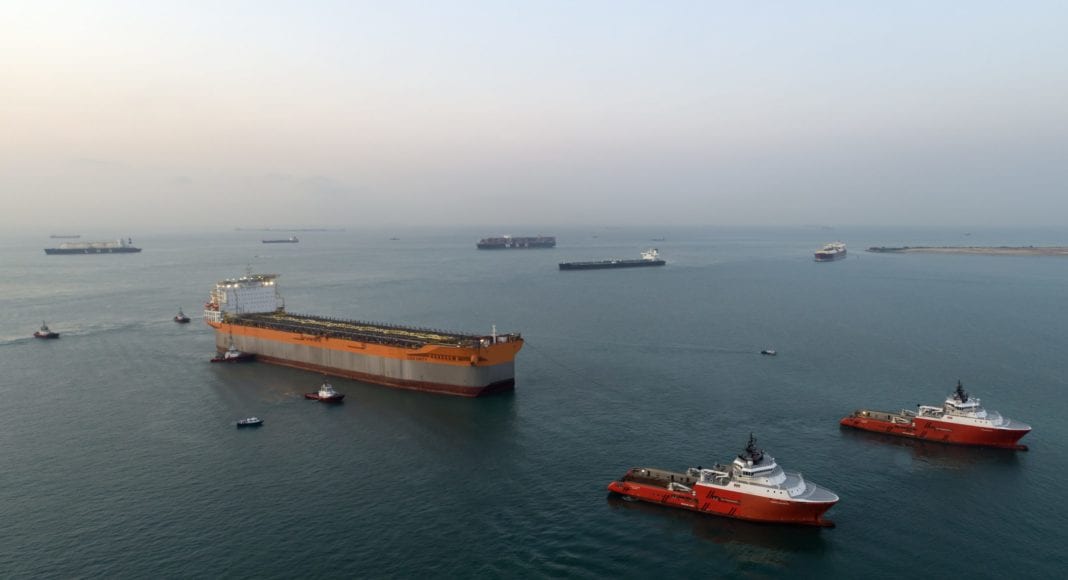The effectiveness of Guyana’s development plans depends on the notion that the population can adequately benefit from the oil revenues that are beginning to flow, particularly since it has a limited window of opportunity in which to capture maximum returns from these resources.
This, writes Dr. William Clavijo, a specialist in public policies, strategies, and development, from the Federal University of Rio de Janeiro, Brazil, will only be possible through investment in human capital and infrastructure so that citizens can develop capacities and skills. He said this will allow for Guyanese to progressively insert themselves in productive activities linked to the oil industry or other sectors of the economy.
The country began producing oil last December and is expected to significantly ramp-up production in the coming years, with some analysts projecting output to surpass 1 million barrels per day by 2030.
Dr. Clavijo said the new oil producing South American nation has a unique window of opportunity of twenty years, or even less, in which projections still point to oil as the dominant source in the global energy mix.
“We will see if it will be effectively used,” he asserts in a paper analysing the Guyana oil boom, opportunities, and challenges.
The first challenge for Guyana, he said, is to build an adequate institutional model and the necessary institutional capacity to manage the oil policy simultaneously with the process of expanding the productive activities of the oil industry and the execution of other development plans.
“The regulatory and institutional framework of the oil industry is outdated and incomplete, with almost all the regulatory provisions issued in the last century,” he quoted the World Bank as saying in a 2019 report.
In this regard, the World Bank has said Guyana needs to advance expeditiously in updating the regulation of the oil and gas industry to improve transparency and governance in the management of public policies, aiming at reducing the technical, environmental, social, and financial risks intrinsic to these activities.
“The country has large gaps in technical and administrative capacity to manage and regulate the activities of the oil industry,” Dr. Clavijo said. “This includes the shortage of specialist officials in public institutions with the task of managing public policies related to the O&G sector.”
The newly elected government has said it intends to rely on the advice of experts to ensure that its decisions on the industry are sound, noting that stopping production to fill gaps in policy and regulation, is not a feasible option.
“We can’t shut down the industry as some people have been calling for. We are going to be driven by the technical expertise. The oil and gas industry will be vital to our future and we have to do it well,” Vice President, Bharrat Jagdeo told reporters at a recent press conference.
Dr. Clavijo said despite the challenges, due to the size of the Guyanese economy and the population, the impact of increased oil production in the coming years will place the country as one of the fastest-growing economies in the world during this decade.



